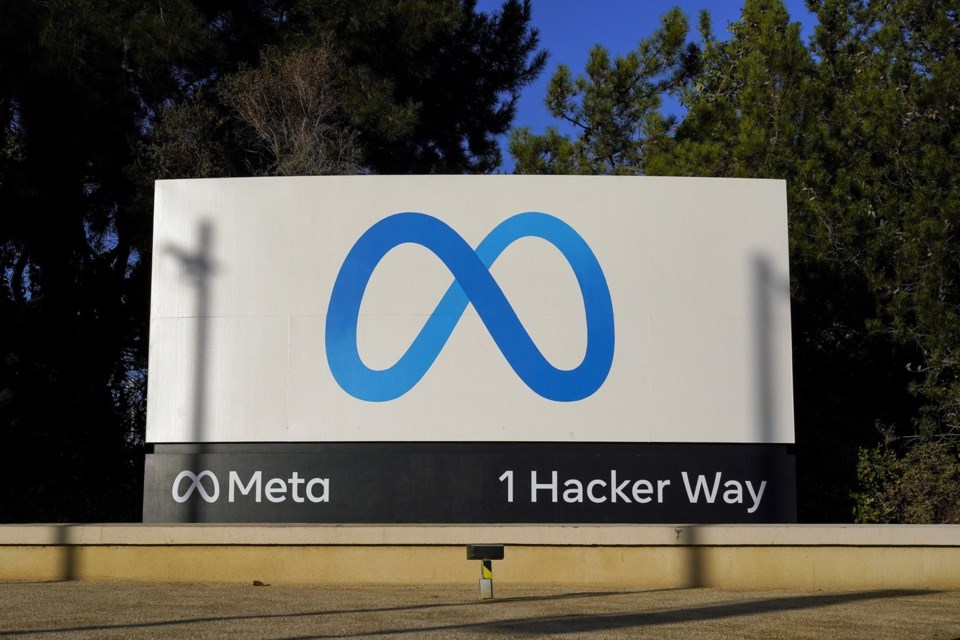AUSTIN, Texas (AP) ÔÇö Meta has agreed to a $1.4 billion settlement with Texas in a privacy lawsuit over allegations that the tech giant used biometric data of users without their permission, officials said Tuesday.
Texas Attorney General Ken Paxton said the settlement is the largest secured by a single state. In 2021, a judge approved a with the company, formerly known as Facebook, over similar allegations of users in Illinois.
ÔÇ£This historic settlement demonstrates our commitment to standing up to the worldÔÇÖs biggest technology companies and holding them accountable for breaking the law and violating TexansÔÇÖ privacy rights,ÔÇØ Paxton, a Republican, said in a statement.
Meta said in a statement: ÔÇ£We are pleased to resolve this matter, and look forward to exploring future opportunities to deepen our business investments in Texas, including potentially developing data centers.ÔÇØ
Filed in 2022, the Texas lawsuit said that Meta was in violation of a state law that prohibits capturing or selling a resident's biometric information, such as their face or fingerprint, without their consent.
ÔÇ£This is by far the biggest state governmental privacy settlement in history,ÔÇØ Chicago-based class action attorney Jay Edelson said in an email. Edelson's firm filed the lawsuit that settled for $650 million with Meta. The only other larger claim is the Federal Trade Commission's $5 billion settlement with the company in 2019.
To date, Meta has now paid over $2 billion in settlements for biometric privacy claims, according to Edelson. ÔÇ£That is a huge signal to other companies that they should be extremely careful if they want to trade in individuals' biometric information,ÔÇØ he said.
The company its face-recognition system and delete the faceprints of more than 1 billion people amid growing concerns about the technology and its misuse by governments, police and others.
At the time, more than a third of FacebookÔÇÖs daily active users had opted in to have their faces recognized by the social networkÔÇÖs system. Facebook introduced facial recognition more than a decade earlier but gradually made it easier to opt out of the feature as it faced scrutiny from courts and regulators.
Facebook in 2019 stopped automatically recognizing people in photos and suggesting people ÔÇ£tagÔÇØ them, and instead of making that the default, asked users to choose if they wanted to use its facial recognition feature.
Texas filed a similar lawsuit against Google in 2022. PaxtonÔÇÖs lawsuit says the search giant collected millions of biometric identifiers, including voiceprints and records of face geometry, through its products and services like Google Photos, Google Assistant, and Nest Hub Max. That lawsuit is still pending.
The $1.4 billion is unlikely to make a dent in MetaÔÇÖs business. The Menlo Park, California-based tech made a profit of $12.37 billion in the first three months of this year, Its revenue was $36.46 billion, an increase of 27% from a year earlier. Meta is scheduled to report its second-quarter earnings results on Wednesday.
MetaÔÇÖs stock slipped $4.06 to $461.65 Tuesday, a decline of less than 1%.
___
AP Technology Writer Barbara Ortutay in San Francisco contributed to this report.
___
Lathan is a corps member for The Associated Press/Report for America Statehouse News Initiative. is a nonprofit national service program that places journalists in local newsrooms to report on undercovered issues.
Nadia Lathan, The Associated Press



